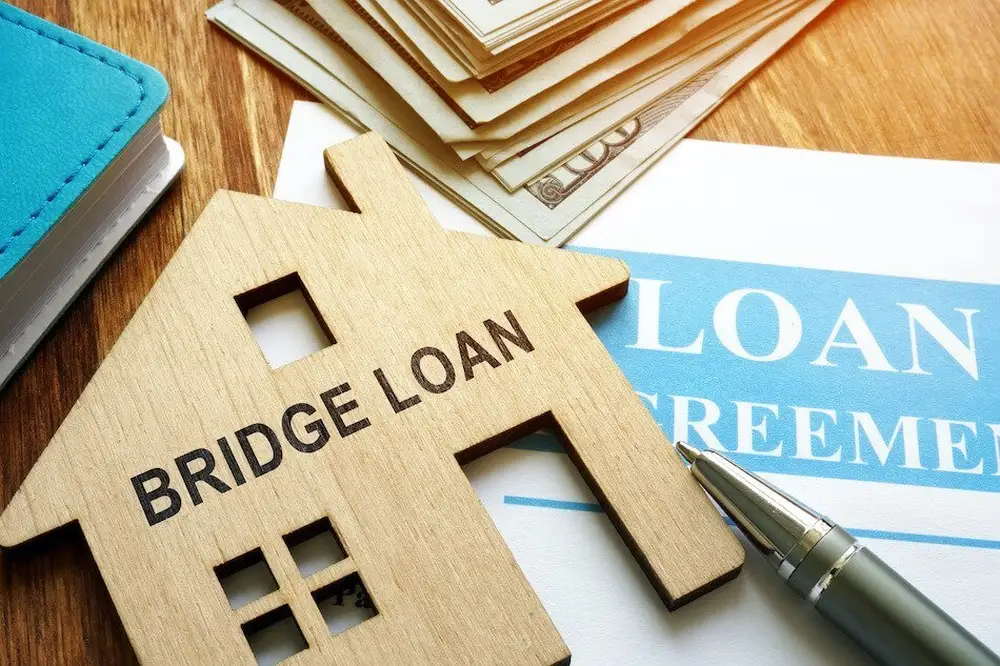Are you in the market to buy a new home but still have a mortgage on your current property? A bridge loan may be the solution you need to bridge the gap between the sale of your old home and the purchase of your new one.
In this article, we’ll take a closer look at bridge loans and help you determine whether this financial product is right for you.
Understanding Bridge Loans: What Are They and How Do They Work?
A bridge loan, also known as interim financing, is a short-term loan used to bridge the gap between the purchase of a new property and the sale of an existing property. This type of loan is typically used by homeowners who have equity in their current home but cannot access that equity until the sale of the property is complete.
Bridge loans can be secured or unsecured, depending on the lender and the borrower’s financial situation. The loan amount is usually based on the equity in the borrower’s current property and the expected sale price of the property.
Pros and Cons of Bridge Loans
Bridge loans can be a convenient way to access funds for a new home purchase, but they also come with some drawbacks. Here are some of the advantages and disadvantages of bridge loans:
Advantages:
– Fast access to funds
– No need to sell your current home before buying a new one
– Can be used to purchase a new home before securing a mortgage
Disadvantages:
– High interest rates and fees
– Short repayment terms
– Can be difficult to qualify for
How Much Does a Bridge Loan Cost?
Bridge loans are typically more expensive than traditional mortgages due to their short-term nature. The interest rates and fees can vary depending on the lender, but borrowers can expect to pay higher rates and fees than they would with a traditional mortgage.
When to Consider a Bridge Loan
Bridge loans can be a good option for homeowners who need access to funds quickly and cannot wait for the sale of their current home. However, bridge loans are not for everyone, and there are other options to consider.
Homebuying scenarios that may warrant a bridge loan include:
– Buying a new home before selling your current one
– Making a down payment on a new home before securing a mortgage
– Renovating a home to sell it for a higher price
Alternatives to Bridge Loans
If a bridge loan is not the right option for you, there are other financing options to consider, including:
– Home equity loans or lines of credit
– Personal loans
– Borrowing from friends or family
– Delaying the purchase of your new home
Where to Get a Bridge Loan
Bridge loans are offered by banks, credit unions, online lenders, and mortgage brokers. To qualify for a bridge loan, borrowers will need to meet certain criteria, including having enough equity in their current property and a strong credit score.
In conclusion, a bridge loan can be a useful tool for homeowners who need access to funds quickly during the homebuying process. However, it’s important to weigh the costs and benefits of this financial product before making a decision. Be sure to explore all of your options and consult with a financial advisor or mortgage professional to determine the best course of action for your unique situation.
